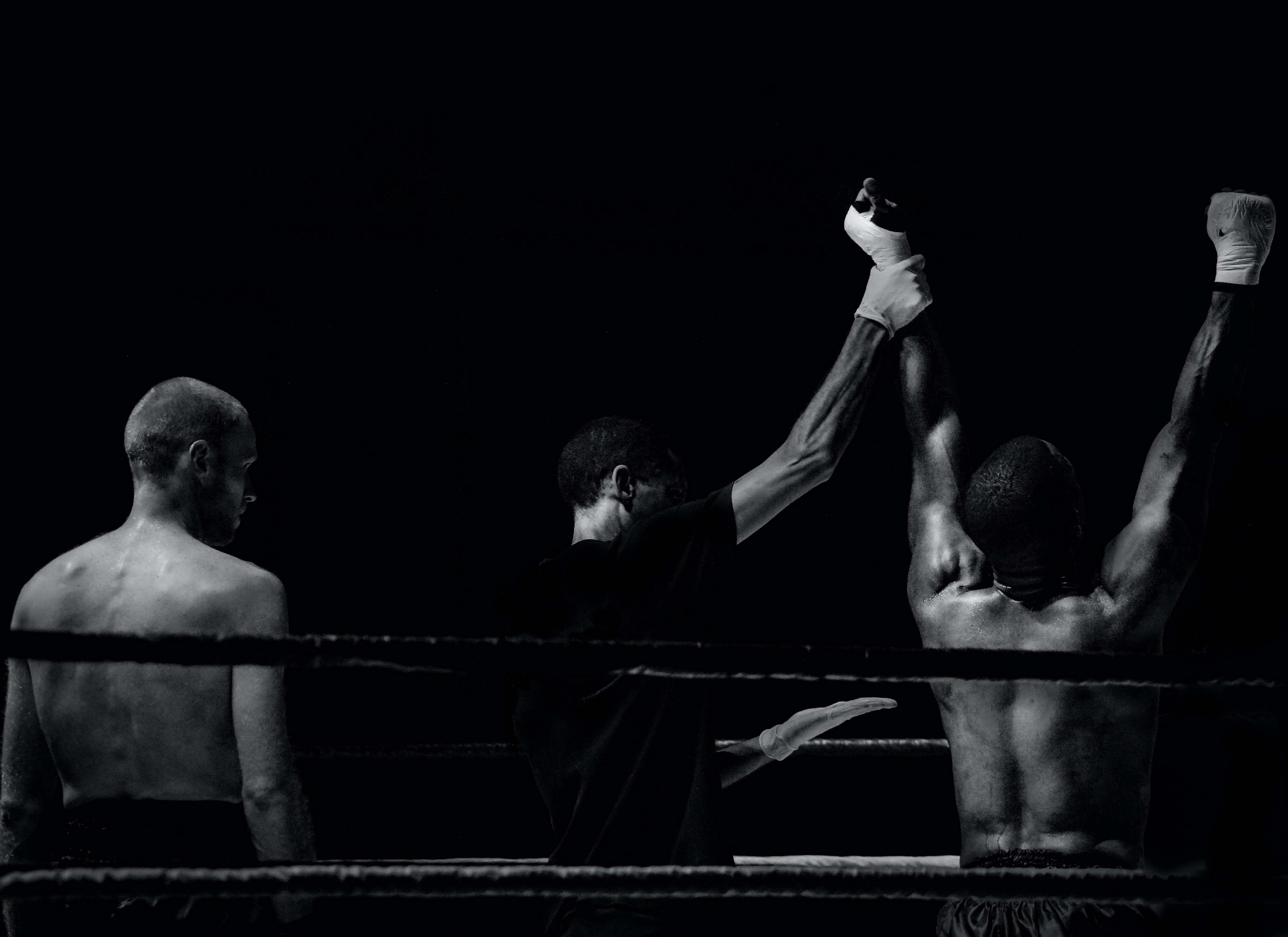Are you a winner?

Do you have what it takes to win? Are you a winner? Are you competitive when it really matters? Are you also trying to win when it’s less important? Or are you even trying to win when it’s completely beside the point?
I have worked with thousands of executives over the years. And if there is one behavior that stands out… it’s their approach to winning. For some, they do it when it matters. Some even do it when it doesn’t matter and there are even some that want to win, no matter what. Even when it’s completely unimportant. Some even want to win against their own kids!
Despite
Let me make one thing very clear: I have absolutely nothing against winning. A winning mentality serves us in many ways. But there’s a thin line between being competitive and being over-competitive. I’ve seen so many times how successful people cross the line. And are successful despite their approach to winning. Changing one’s approach regarding competitive behavior is a big step to further increasing their effectiveness.
The difficulty with winning is that this habit served some of us well in our professional life. It helped us to achieve more than others. It helped us to close deals, to reach the C-Suite. It helped us to persevere when others stopped. Perhaps it even made us wealthy.
So, why would it be relevant to rethink something that helped us? You could even think that winning defines you. That your winner’s mentality is you. Perhaps winning was encouraged throughout your childhood? Perhaps through the drills of your soccer trainer as a teenager? And later on, resulting in the creation of enemies at the companies you worked for.
Habit
Learning to distinguish when winning is important, and when not is an important lesson to learn. Winning often becomes a habit that someone applies in every situation. When you grow in your career, it’s probably more effective to let people on your team win more often. Let someone else experience that they have accomplished something important. Winning at all costs can even become childish when you’re ageing.
Some suggestions if you want to coach yourself:
- Ask three people around you that you trust to give you feedback. How do they perceive your approach to winning in your (professional) life? As competitive or more often as over-competitive?
- Practice to speak last in a group. Listen to others first, then speak.
- Count to 10 before getting into a competition with someone. Control your first impulse.
- Learn more ways to motivate your people other than pushing for more.
When we learn to focus on winning when it really matters and is appropriate, when we stop behaving over-competitive, we increase our impact.
Hope this inspires.
Paul Donkers
Paul P.J. Donkers is a sought-after global business coach and serial entrepreneur. More about his work and projects can be found via www.tencompany.org and via www.ikigaicoachinginstitute.com
None of us has all the answers. Do you want to have a confidential conversation with us to increase your impact? Please reach out via This email address is being protected from spambots. You need JavaScript enabled to view it.
Ps Our good friend Marshall Goldsmith wrote a brilliant book: What Got You Here, Won’t Get You There. He explains the 20 habits that hold people back from growing to the next level. Guess which one is the number one habit…it’s winning too much. Read it if you can. This is a link if you want to order it.






